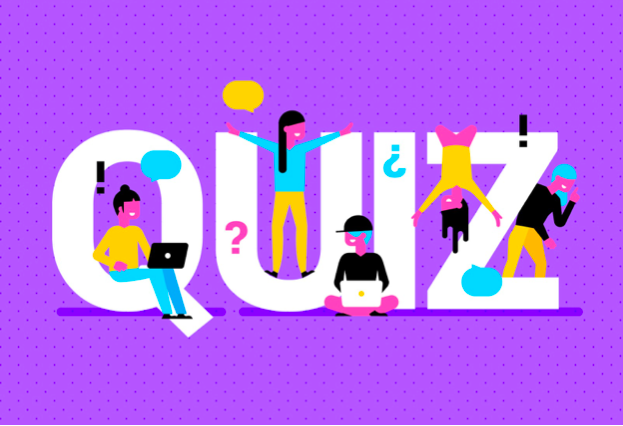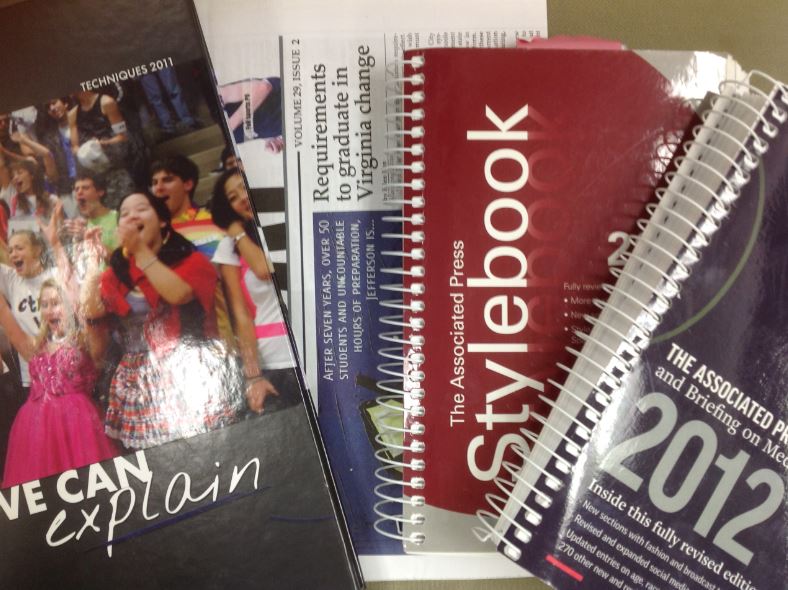Unannounced quizzes: unfair and stressful
Unannounced “pop” quizzes are an unjust way to judge a student’s academic performance in a certain subject.
April 21, 2021
We all know that feeling of absolute dread when a teacher dramatically declares that they have prepared a quiz for the class. Not just any quiz, but a pop quiz. With no prior warning or time to prepare, you are thrust into the stressful environment of multiple choice and short answer questions. With each unannounced quiz, panic and frenzy ensues. These types of quizzes become feared, preying on unsuspecting students.
While some may deem pop quizzes as a fair way of measuring a student’s intelligence, using these as a primary part of the curriculum is not. In every school, in every class, there is at least one student who performs poorly on tests and excels in class. Of course, feeling nervous before taking an exam, test, or quiz is completely normal. However, according to the American Test Anxieties Association, around 40% of students have diagnosed moderate to severe test anxiety– physical and emotional symptoms that affect a person’s test-taking skills.
Pressured by the stress from studying constantly in preparation for these pop quizzes, students go to class feeling scared and unsafe. Rather than allowing students to study at their own pace to grasp concepts, these quizzes force students to race to grasp topics in exchange for a good grade. Additionally, students in classes with graded pop quizzes may end up focusing more on their grades rather than learning and critical thinking.
On the other hand, pop quizzes statistically boost class attendance as well as final exam scores– and it is not hard to imagine why. As a student myself, I’ve experienced the negative effects of graded pop quizzes. Constantly having my mind on aceing these quizzes result in hard-earned scores; however, the feeling of needing to prepare and predict the next quiz is certain to follow soon after.
Although surprise quizzes are used by teachers to test a student’s knowledge of the course materials, they cause undue stress to students that can be resolved with a simple solution. Instead of counting these scores as part of the gradebook, teachers can administer ungraded pop quizzes. Not only can teachers create a positive classroom ambience, but they can also utilize test-enhanced learning– a method using memory retrieval to retain more information of subject topics.
Additionally, quizzes can be a good way to build up the ability to retain information through the memory retrieval used when taking examinations. Moreover, these quizzes can be an excellent way to assess the skills that we need to brush up on. Without the pre-test stress and anxiety, ungraded pop quizzes can actually be a fun and educational experience.









